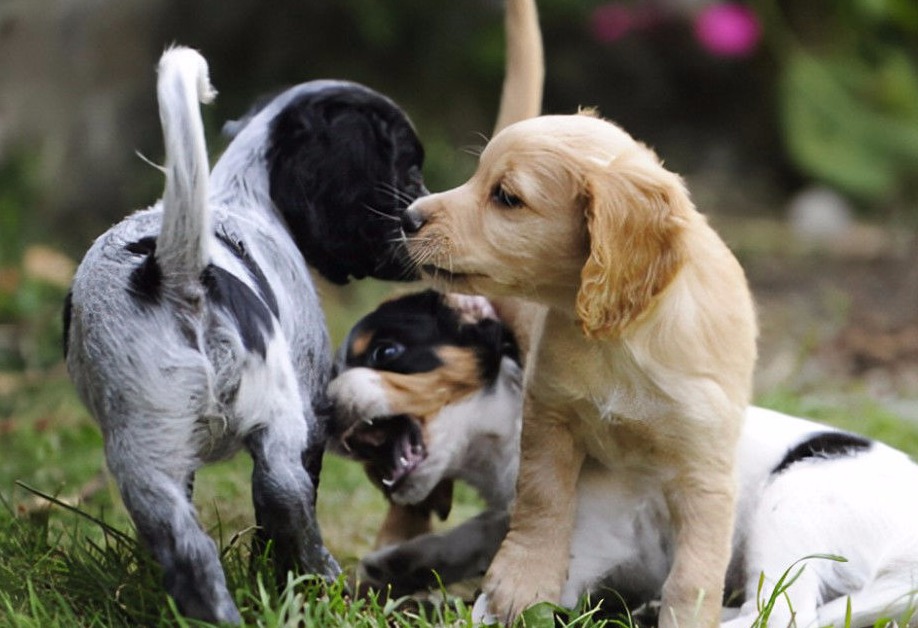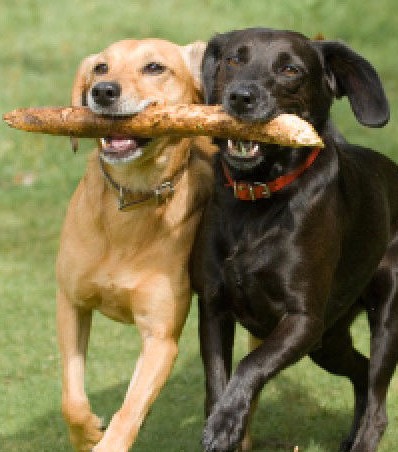
Importance of Socialization
Socialization of puppies has stages and processes to go through over the essential weeks of development being 1 week to 12 weeks. It is crucial that certain stimuli and learning is done at a certain age, this is due to the development of the central nervous system. Neonatal Period - Birth to 14 Days during this period the pup is dependent on the mother, the pups’ eyes are still closed, and touch is their main sensor, the mother needs to nurture, groom, and even stimulate the genitals to enable them to defecate. A small amount of human handling and, the stress it induces, in these early days has been proven to aid more rapid growth and the eyes can also open sooner. Transition period - 15 to 21 days this is the period when the eyes open and ends with the ability to react to noise. During this period significant changes and neurologic development occur and the pup becomes more sensitive to its environment.
